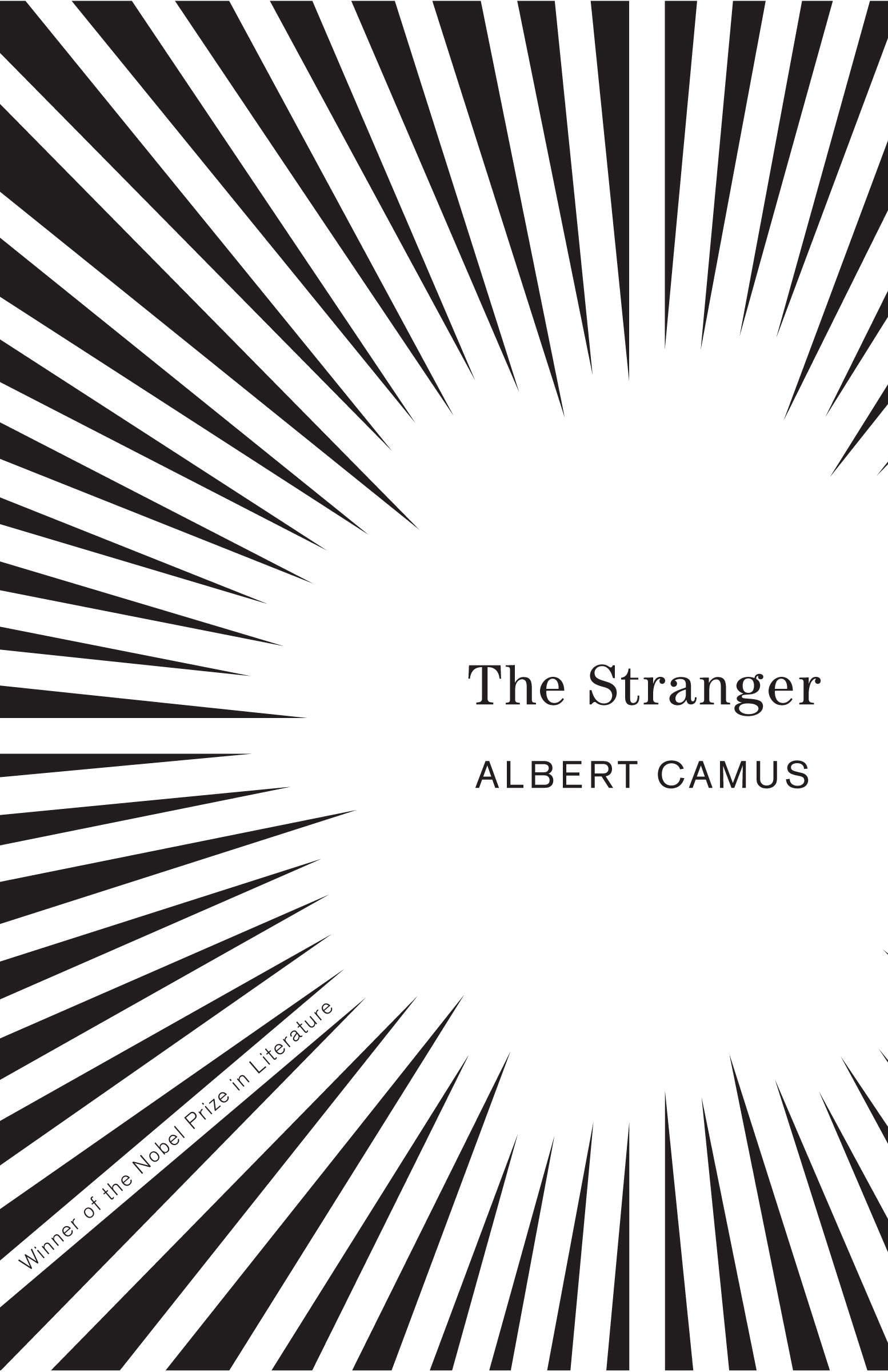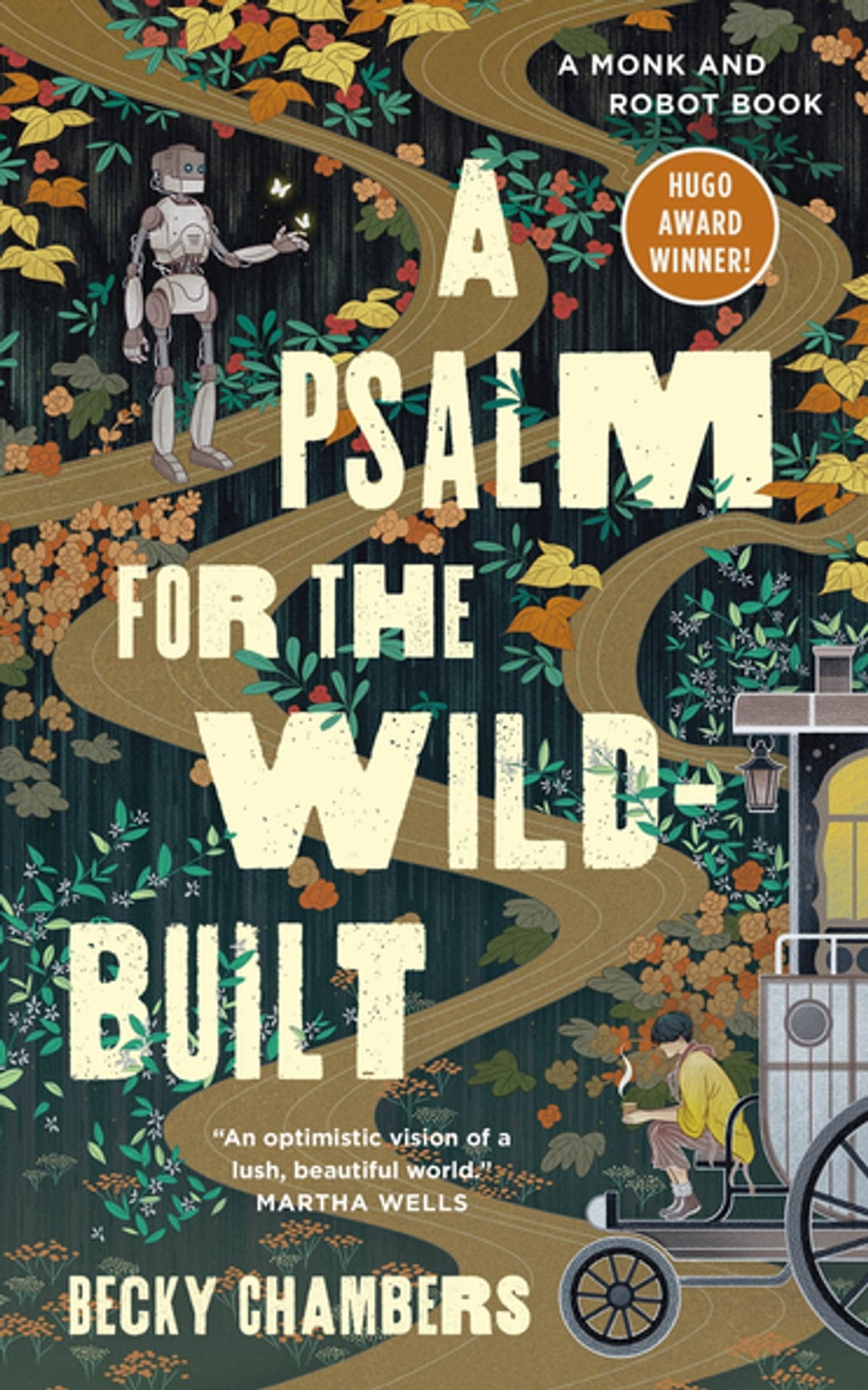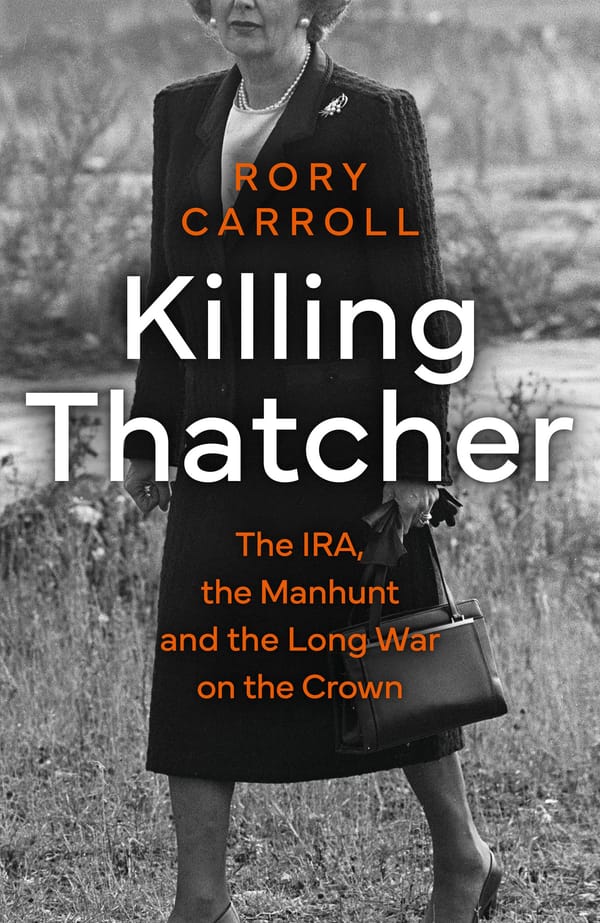The Felix Team’s Hot Summer Reads
The team’s summer reads weren’t exactly light and breezy.
Miami by Joan Didion (1987)

Mohammad Majlisi – Editor-in-Chief
A foray into the political and social landscape of Miami and its Cuban occupants across the 1960s to the 1980s, Didion excellently captures the essence of America and Reaganism in a great bit of reportage. Her dry, yet compelling voice is always good to read, but Miami is set apart from earlier works in that it manages to create enough distance between Didion and her topic so that you feel like you get a more accurate sense of the city without it being tinged by her opinion. That’s not to say it isn’t a Didion book – you can clearly see parts of her personality through her writing, but its mature tone provides it with a much more holistic view, to its benefit.
A Clockwork Orange by Anthony Burgess (1962)

Aditi Mehta – Books Editor
In a jarring and controversial exploration of free will, A Clockwork Orange questions the moral significance of acting ‘good’ without the existence of or choice to be ‘evil’. Set in a somewhat dystopian society, this novella is a violent tale of delinquency, rehabilitation, and the efficacy of it all. Don’t be fooled by its length though, Burgess’ tale makes use of Nadsat – a ficticious Anglo-Russian language used to capture characterisation and setting – which happens to read like “chepooka” (nonsense). A Clockwork Orange is an alienating read for those who do not have the patience to stick with it, but it is certainly rewarding.
The Stranger

Ruby Lydford – Catnip Editor
The Stranger by Albert Camus (1942) Nothing quite spells out summer like existentialism and a random act of violence on the beach. I would recommend every Imperial male to read this short book, so they can develop a complex over how divergent and individual they are. I found it quite funny that Meursault is widely regarded as a man without feelings or empathy, yet largely reminded me of a number of men I know personally.
Ficciones by Jorge Luis Borges (1944)
Guillaume Felix – Comments Editor
Ficciones is a collection of short stories that explore thought experiments related to mathematics, linguistics, and time. A forerunner of magical realism, Borges uses metaphorical reinterpretations of historical settings to frame the stories but omits the practical details of his ultimately philosophical tales. My favourite, “The Lottery in Babylon”, imagines a state organised around a compulsory, all-encompassing lottery that allocates daily random ‘prizes’ which decides the fate of each citizen. These bizarre allotments range from prison sentences to coveted administrative positions. Some even say it inspired the Imperial admissions process.
The Butterfly Lion by Michael Morpurgo (1996)
Ivin Jose – Puzzles Editor
A story about memories, promises, friendship, and a majestic white lion. One of those rare childhood books that sears itself into your heart and captures a piece of your soul. Beautifully written, quickly read, evocative, and timeless.
The Girl with the Dragon Tattoo by Stieg Larsson (2005)
Rolando Charles – Photography Editor
After having seen the namesake film (directed by David Fincher, 2011), I got the feeling that a more nuanced and meaningful narrative might be present in the book. The original title - Men Who Hate Women - suggests a far more political and opinionated tale. This was precisely what I gathered from reading the novel and was certainly not disappointed by the high-stakes, plot-twist rich story mirrored the movie.
A Psalm for the Wild-Built by Becky Chambers (2021)

Oscar Mitcham – Environment Editor
A Psalm for the Wild-Built is like sitting down to drink tea and needing to do nothing else and I loved it. Having won the Nebula and Hugo awards in 2022, this novella is apt for our society where we think more and more about dystopia and everything going wrong in the world. In light of this, Chambers does the vitally important work of realising the better world we wish to build, and tells a warm, compassionate story within it. Extremely solarpunk.










